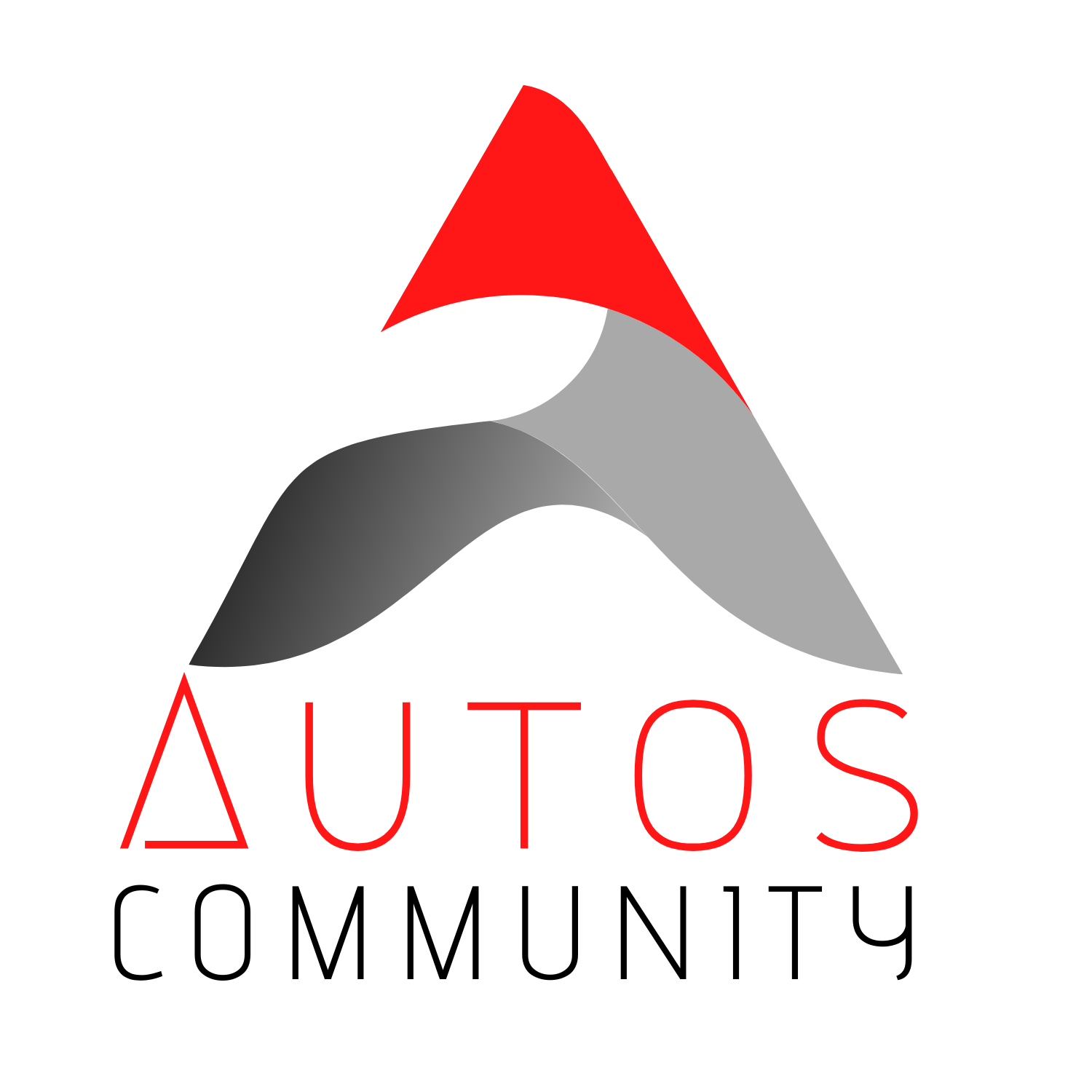Are High-Tech Cars Killing the Auto Repair Shop?
Porsches converge from across the Midwest to the workshop run by Brandon Mehizadeh in Minnetonka, Minnesota, like expensive carrier pigeons. A typical example is a Cayenne SUV that hit a deer in South Dakota early this summer and had to be repaired.
The staff at the first workshop the car was taken to “had no idea about the technology,” says Mehizadeh, because they did not have access to Porsche’s parts catalogue. So, like many Porsches before it, the Cayenne was loaded onto a lorry and driven hundreds of miles to Mehizadeh’s branch of LaMettry’s Collision in Minnetonka. The company had paid for the expensive training and tools needed to be certified by the German luxury carmaker to repair its vehicles. The transport prolonged the already lengthy repair, and the Cayenne owner in South Dakota finally got his car back in August, Mehizadeh says.
The exodus of damaged Porsches is an annoyance for their owners, but it is also a symptom of profound changes in the automotive industry that make it harder for people to repair their cars.
Over the past decade, cars have become increasingly complex and computerised. Every vehicle is now equipped with sensors, contains hundreds or thousands of computer crisps and is controlled by software. Car industry insiders rave about the safety benefits of the “software-defined vehicle”, which also enables revenue-generating data collection and subscriptions that make it safer to drive a car.
Less known are the implications of the computerised car for the auto repair shop. Repairing complex vehicles requires more and more expert knowledge and expensive tools that are in limited supply. This is part of the same trend that has led some farmers to hack their tractors and has sparked legal battles over what rights consumers have to their vehicles.
There are now significantly fewer places to get your car fixed in the US than five years ago. One industry publication found that for every active service bay inside US auto shops, there were 225 cars and trucks on the road in 2016, and now there are 246 vehicles per bay.
It can cost hundreds of thousands of dollars to acquire the tools and make the shop adjustments to repair just a few cars. That’s before the cost of training workers to use those tools, with shops paying thousands yearly to keep their staff certified to fix specific vehicles. Investing for the future can set shop owners back by millions.
As the traditional auto repair shop disappears, so might the stereotype about the grizzled and grimy auto repair tech with a wrench in his hand. “These complexities have made it more difficult for a shop to operate if it’s not running properly—if it’s not properly funded, not properly insured, doesn’t have the correct tooling, doesn’t have the right insurance,” says Lucas Underwood, the North Carolina shop owner.
UP IN NEWS
- Felicity Jones Fronts Emotive DBX707 Campaign Exploring the Evolving Definition of Power in Society
- Audi RS Q E-Tron Comes Back With a New Body and Airflow, Improved Operating Strategy and Optimised Control Concept
- Loeb Gives BRX Epic First Victory in Andalucia Rally
- GMC Introduces the First-Ever 2024 Sierra EV
- Loeb Turns on Pressure With Superb Stage Win To Take Lead in Andalucia
For all the latest automotive news, reports, and reviews, follow us on Twitter, like us on Facebook, subscribe to our YouTube page, and follow us on Instagram, which is updated daily.
Stay Ahead of the Curve
Unlock the World’s Leading Source of Automotive News and Analysis.
Autoscommunity.com provides innovative marketing and advertising solutions to support an advertiser’s specific campaign objectives. Customized programs leverage the best of Autoscommunity.com. Contact our sales team today and see what our team can do for your custom advertising solutions.
-
Email: [email protected]
-
Please Read Our Privacy Policy
Think Your Friends Would Be Interested? Share This


Comments are closed.